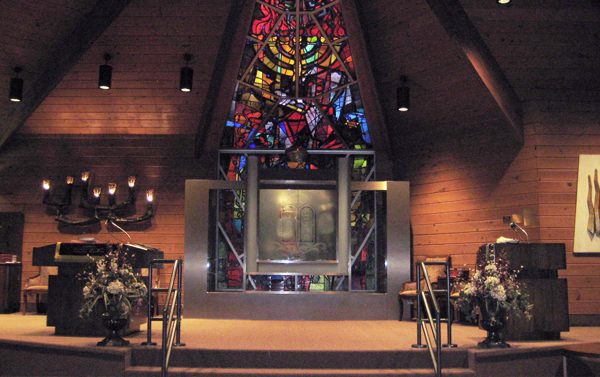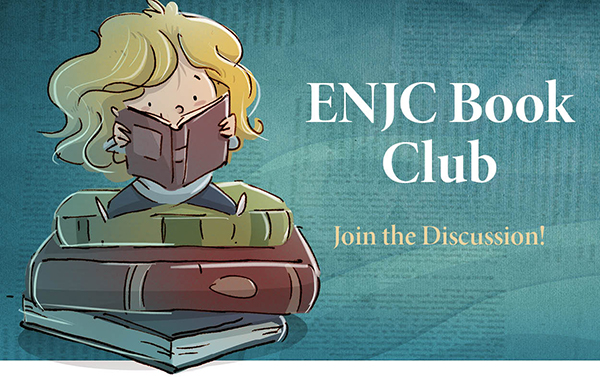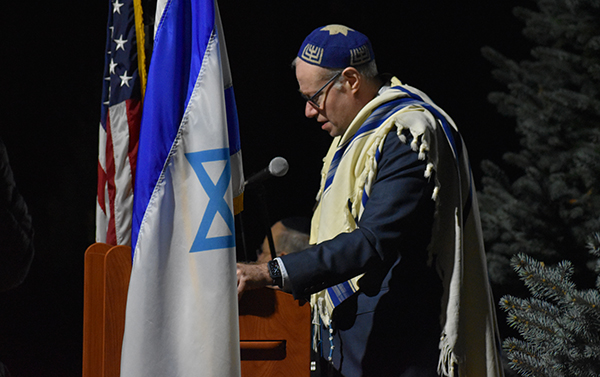
“Adonai is my light, whom shall I fear?” (Psalm 27) Starting with the beginning of the month of Elul, through Hoshana Rabba, we recite these words every day in the morning and evening–Fifty days, the same length of time we count the Omer in the Spring, but unlike the Sephira where each day is a new number, a new blessing, these words remain static, unchanging. And yet, they DO change. They change within the very lines of the Psalm itself. For it is not simply a declaration of confidence in the Lord that it's first lines imply. Certainly it starts that way: “Adonai is the strength of my life, of whom shall I be afraid? …If an army should encamp against me, my heart would not fear.” And yet there are the seeds of doubt. The Psalmist prays for “One thing, I request of Adonai”–namely, that he may “dwell in the House of Adonai, all the days of my life.” And here we see the fear actually creep back in as the description of God’s house becomes less and less stable. From house-בית to tabernacle-סכה to tent-אהל our Psalmist betrays his fear within his prayer. Surely one who is confident that God will always protect them wouldn’t need to pray that God “Conceal not Your Presence from me…neither cast me off nor abandon me.” Again they acknowledge their tormentors that surround them, these false witnesses who have risen against them and breathe violence, concluding with words seemingly aimed at themselves more than any future reader: “Hope to Adonai, be strong and God will give you courage; Hope to Adonai.”
This ambivalence of presenting a strong confidence while betrayed by inner turmoil feels all the more timely this year as we begin this reverse-Omer leading to the Holidays. In fact, it was the day AFTER we stopped reciting this psalm that Hamas launched the most deadly and vicious attack on our brothers and sisters in Israel, which has led to the great tragedy that this entire year has been. It hits me even harder as we read how the enemy ‘breathes violence’ or in the Hebrew “Vi-fayah Hamas”, and I mourn the physical violence going on in Israel and the territories, as well as the mental and emotional violence we experience as bifurcated along party and political lines, blaming each other for the terrible situation. We watch the ignorant and the cynical parrot lies and misinformation that tell less than half of the story. We see our political leaders on both sides of the aisle, and both sides of the ocean drive a wedge between us, so we forget the true perpetrators of this Hamas, this violence. And so we yearn that God “conceal me in the shelter God’s Tent.” With no end in sight, with our remaining hostages approaching a horrific anniversary, with our honored dead approaching a Yahrtzeit that still feels unreal, there is only one thing we can control: how we treat each other. Whether your fellow congregants support or question the current Israeli or American governments, don’t let those cynically trying to divide us succeed. For rather, I choose to seek “the Goodness of Adonai in the land of the living” and I will continue to “Hope to Adonai” that this terrible chapter comes to a close, and we can begin a new one of true peace, and harmony, and rebuilding, and Hope.
Shana Tova, may 5785 be a year of blessing and health, and of peace.



















